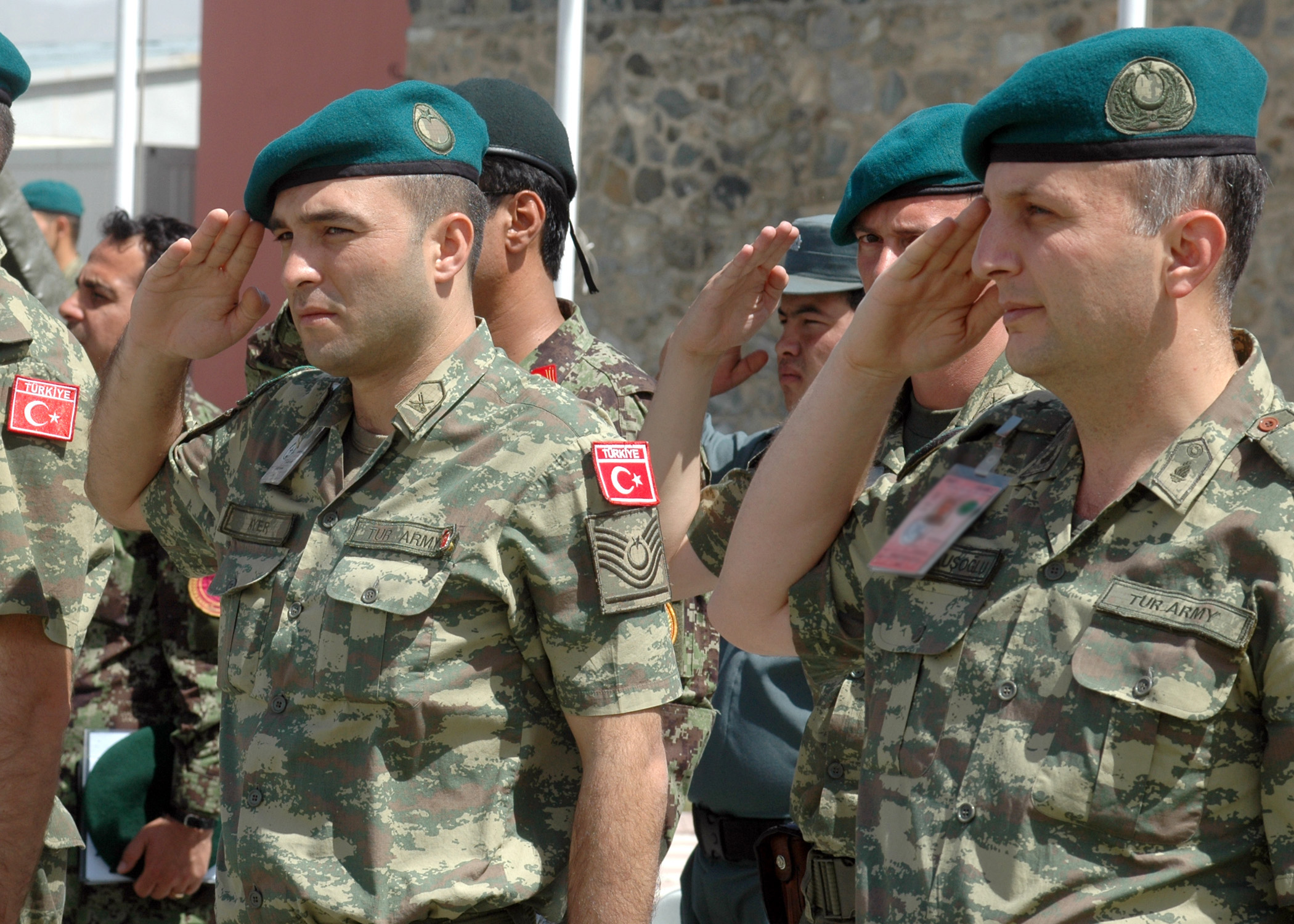In recent years, the military service system in Turkey has gone through a set of radical structural reforms that aimed to transform and professionalize the army by moving from a rigid conscription system, which requires non-university graduate men aging from 21 to 41 to serve 12 months as a soldier, towards a contract-based ‘soldiering’, which allows the recruits to re-enlist for another term thereby increasing the number of professional soldiers and maintaining personnel continuity.
Recruitment of civilians as contract-based soldiers, however, has not yet been popularized among the Turks. In fact, for the first time in history, Turkish Armed Forces (TSK), the second largest standing army in NATO with over 615,000 active frontline and reserve personnel, is struggling to fill the 80,000 vacant positions available for contract soldiers. There are numerous reasons that account for the lack of interest in the ‘contractual soldiering’ system.
Growing interest for paid exemption from military service
One of these factors is the adoption of ‘paid exemption from military service’. Despite its expressed disapproval with a complete ‘professionalization’ of the army and the overhaul of the conscription system, Turkish Armed Forces (TSK) leaders begrudgingly pledged support for this initiative on the condition that there be nation-wide demand for it. In fact, ever since the bill came into effect in 2011, it attracted over 52,350 people, despite the high amount of payoff $10, 000 (30,000 TL) at the time. In addition, the Defence Minister Ismet Yilmaz, in his response to a written motion submitted by the Deputy Leader of the Republic People’s Party (CHP) last February, stated that over 15,800 people have applied to ‘buy-off’ their military service, in 2016 alone.
The ‘paid exemption from military service’ option was first introduced in 1987, and again in 1992, to allow nationals living abroad to fulfill their patriotic duty. The law was re-implemented in 1999, when the civilian government, after a decade-long slump, needed to mobilize additional external revenue to counter the devastating macroeconomic implications and the effects of the disastrous Marmara Earthquake on the financial sector. The bill that passed in 2011 stipulated certain conditions i.e. eligibility requirements for young men to be over the age of 30 and able to afford 30,000 TL to buy-off their military service. With the latest amendment made to the law in December 2014, anyone who is over 27 can be exempted from military service altogether, in exchange of $8,000 (18,000 TL), which is used to finance the defence industry.
The failure to attract ‘manpower’ might be a reasonable cause of concern for Turkey in the long term; it explains precisely why TSK isn’t particularly enthusiastic about the widespread adoption of paid exemption from military service.
Security threats amid full-blown insurgencies
Metin Gurcan, a renowned security analyst who served as a military adviser to the Turkish government in Afghanistan, Iraq and Kazakhstan between 2002-2008, cites two of the factors that stand out: first of all, the perceived costs of risking their lives in a high-danger zone are greater than the expected ‘material’ gains coming out of the assignment e.g. financial compensation (1), and secondly, TSK does not have an extensive experience with using the social media efficiently and effectively as a tool for advertising and recruiting (2).
One of the major factors that discourages young men from joining the Forces is the high risk of being dispatched to the southeastern region, and take part in the ongoing counter-terrorism, border-control and anti-smuggling operations along the border that follows a flat line of more than 2,000 km, as well as the cross-border operations shelling of the ISIS and the outlawed Kurdistan Workers’ Party (PKK) positions in Syria and Iraq. While some say that the attacks between both elements and Turkey are a “form of political communication where two sides are probing each other’s limits”, the continuous intrusion on Turkey’s national security might eventually lead to an escalation between ISIS and Turkey, which would likely prompt a more assertive military presence in the region.
The operations in the southeastern region took a tougher turn last summer when the Turkish security forces ‘retaliated’ to the ‘new generation’ of terrorist attacks carried out by ISIS and PKK in urban settings. Despite Turkey’s 35 year long fight against Kurdish separatism, which left the country with a military stalemate between TSK and PKK, and an overwhelming sense of ‘war fatigue’, Turkey continues to take greater security measures to defense its borders. For now, the military continues to build-up forces to guard its borders, in the absence of a ‘safe zone’ that the Turkish government has long pushed forward for.
These forces are predominantly consisted of contractual soldiers, who have more extensive training that is necessary for these highly dangerous positions, as opposed to conscripts, who serve in the military only temporarily. Soldiers, who join the military on a voluntary basis and often see this as a viable alternative to unemployment, are dispatched to these highly dangerous places, where their lives are under constant threat and are compensated a monthly amount of only $767 – $1,335 (2,300TL – 4,000TL).
Social media as a new weapon
Secondly, the TSK doesn’t have an extensive experience in using the social media as a tool of propaganda or counter-propaganda. Between 2009 and 2012, TSK detected a number of accounts on Twitter that repeatedly shared messages disseminating anti-military public sentiment, which TSK considered as a serious threat to the sense of national unity. Some of these messages even targeted certain TSK’s ranked officers individually. TSK launched an investigation into the officers without looking further into the issue to verify whether or not the information was manufactured or manipulated.
TSK has still not embraced the social media as its new ‘battleground’ to counter-propagate against widespread campaigns that individually target certain military personnel through manufactured information and create anti-militaristic public sentiment, which TSK sees as a threat to the national unity; but it has recently started using the mainstream and social media outlets as a recruitment platform.
At present, TSK has 720 followers on Flickr, over 20K subscribers on YouTube and 9,760 likes on its Facebook page, and it finally aired its first public service TV advertisement. TSK’s promotional video features a young man from a rural area in Turkey, who is concerned about the prospects of his low-income family. His friend tells the story of their acquaintance, who enlisted as a contractual soldier not very long ago, and finally convinces the young man to go on Turkish Land Forces (TLF)’s website to learn more about the requirements. In the next video, another young man tells his own experience of being a contractual soldier at the TLF and how this opportunity will give him a chance to start his own business at the end of 7 years (with enough savings and a $75,000-bonus) or to take a written exam to advance his military career and become a specialized sergeant.
Considering the existential threats the country is facing, the creation of an all-volunteer forces (AVF) is far in sight. Yet, contractual soldiering can bring the Turkish army one step closer to becoming a more mobile and effective semi-professional organization.
Photo courtesy of Christopher Hall, U.S. Navy (NATO Training Mission Afghanistan).
Disclaimer: Any views or opinions expressed in articles are solely those of the authors and do not necessarily represent the views of the NATO Association of Canada.




